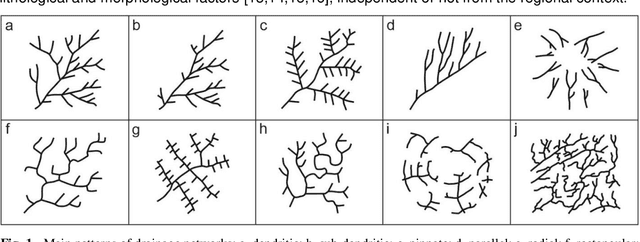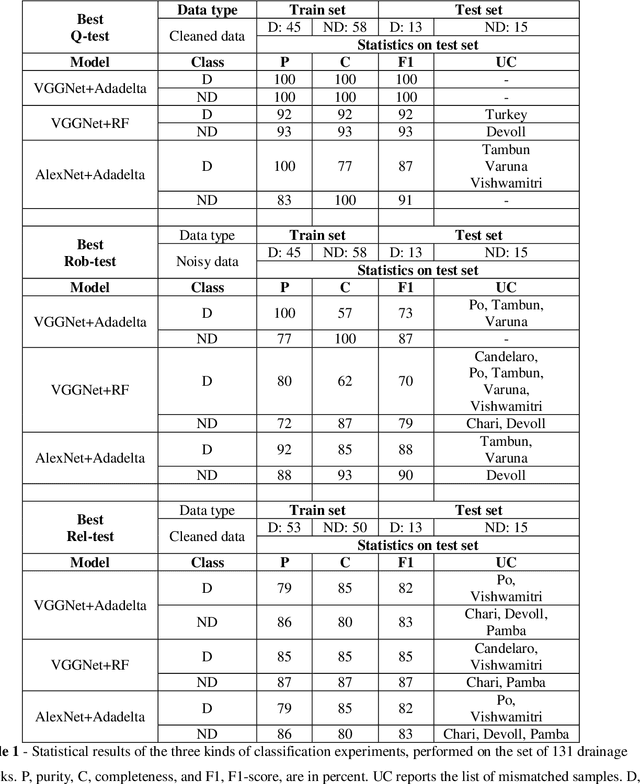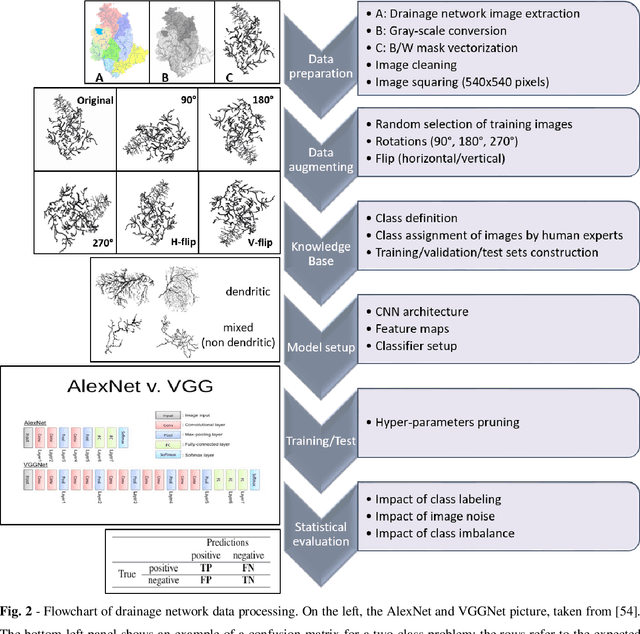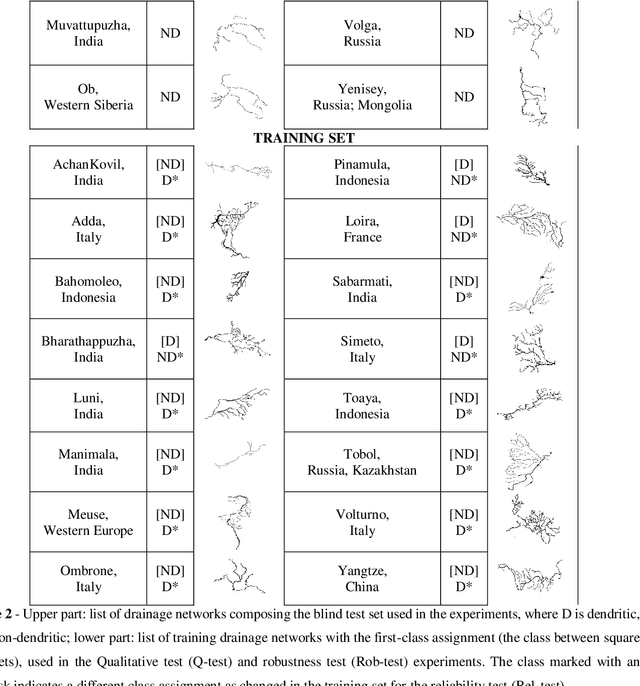A novel approach to the classification of terrestrial drainage networks based on deep learning and preliminary results on Solar System bodies
Paper and Code
Mar 06, 2021



Several approaches were proposed to describe the geomorphology of drainage networks and the abiotic/biotic factors determining their morphology. There is an intrinsic complexity of the explicit qualification of the morphological variations in response to various types of control factors and the difficulty of expressing the cause-effect links. Traditional methods of drainage network classification are based on the manual extraction of key characteristics, then applied as pattern recognition schemes. These approaches, however, have low predictive and uniform ability. We present a different approach, based on the data-driven supervised learning by images, extended also to extraterrestrial cases. With deep learning models, the extraction and classification phase is integrated within a more objective, analytical, and automatic framework. Despite the initial difficulties, due to the small number of training images available, and the similarity between the different shapes of the drainage samples, we obtained successful results, concluding that deep learning is a valid way for data exploration in geomorphology and related fields.
 Add to Chrome
Add to Chrome Add to Firefox
Add to Firefox Add to Edge
Add to Edge